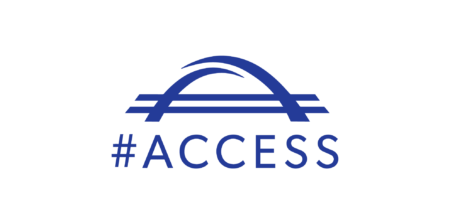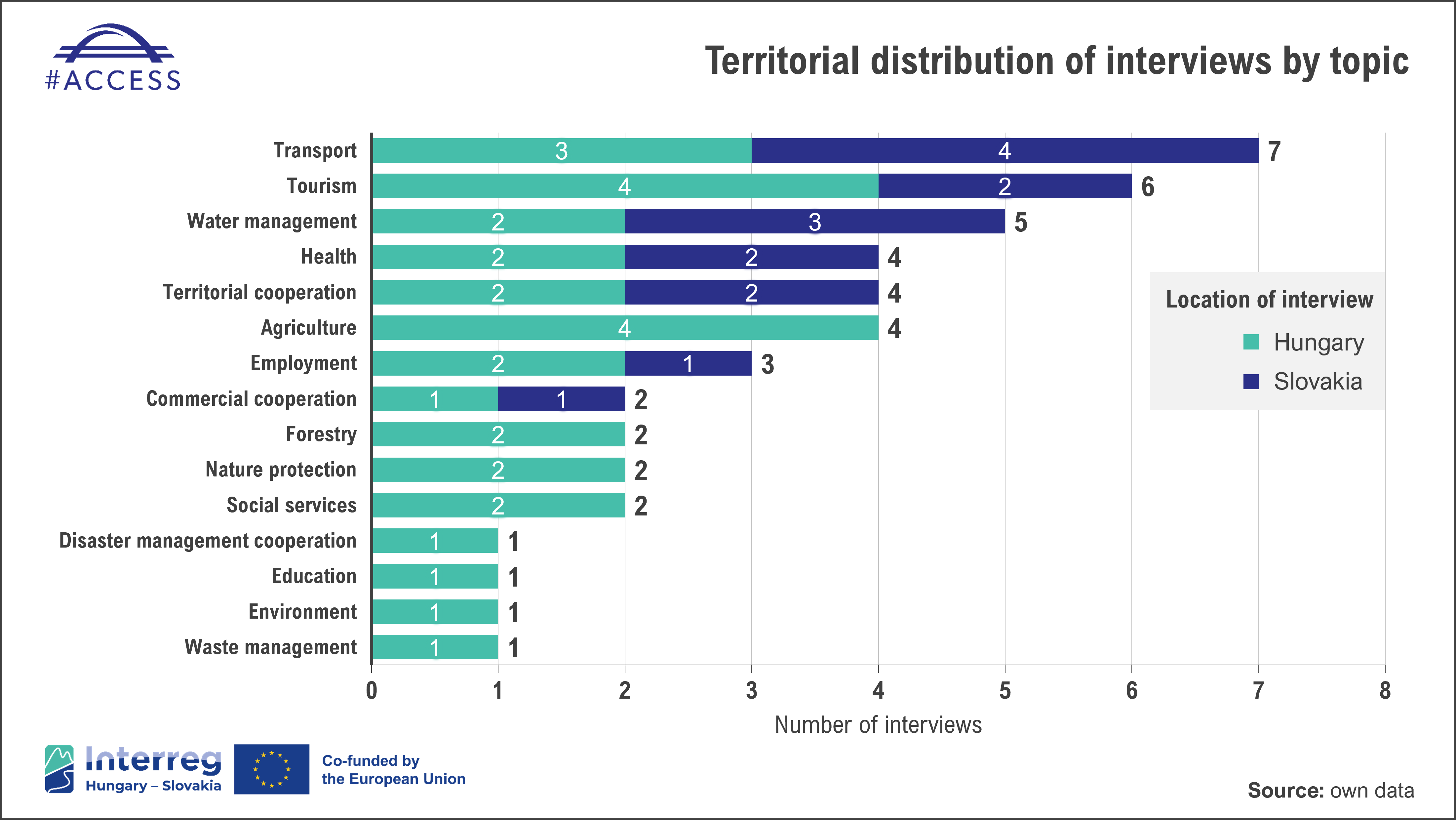A summarising report of the expert interviews of the #ACCESS project was completed by summer 2024. The purpose of the interviews with Hungarian and Slovakian sectoral actors was to identify cross-border legal obstacles affecting the sectors under study, to further highlight the difficulties encountered and experienced so far, to propose future solutions to these problems and to present good practices from the past.
The interviewees were selected and approached based on suggestions from active actors at sectoral level in the cross-border region. The interviews were mostly conducted online and sometimes in personal meetings. In all cases, the interviewees were briefly informed about the functioning of CESCI and the objectives of the #ACCESS project, as well as the current obstacles of the border region, followed by a more structured discussion based on the interview template and later on a more informal exchange of information.
By getting to know the actors involved, future actions on specific obstacles could be planned, while identifying their recipients and further stakeholders. Based on the professional experience and knowledge of the respondents, a wide range of information was gathered on the state of legislation and open issues in the different fields.
As shown in the graph below, a total of 45 expert interviews were conducted in the two countries on 15 topics:






